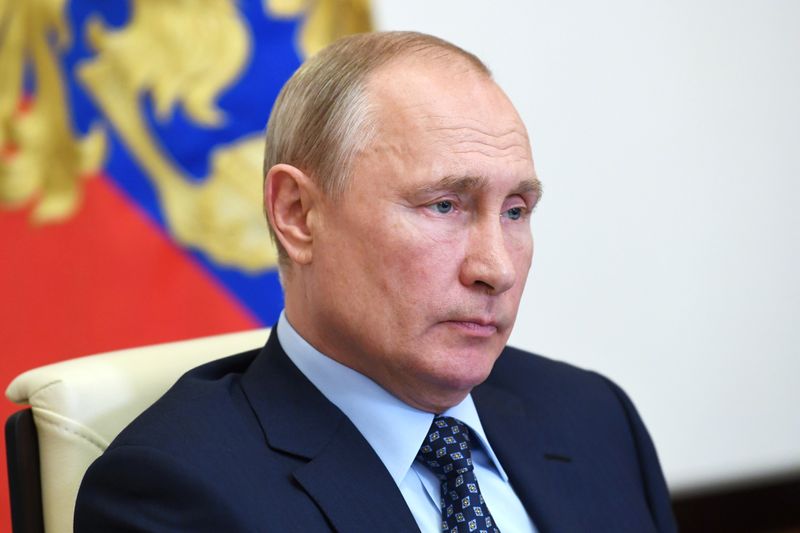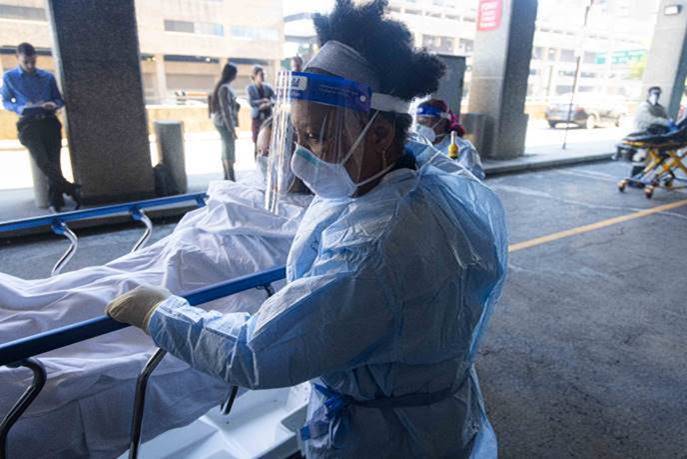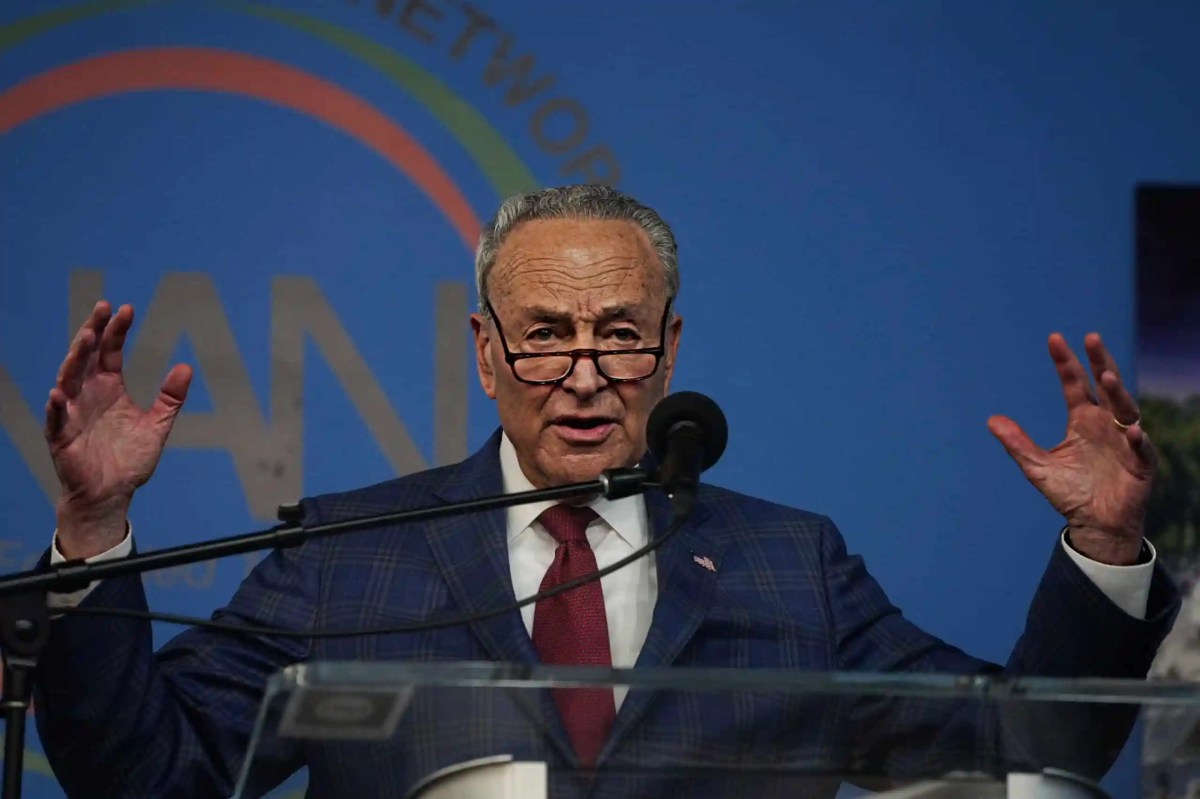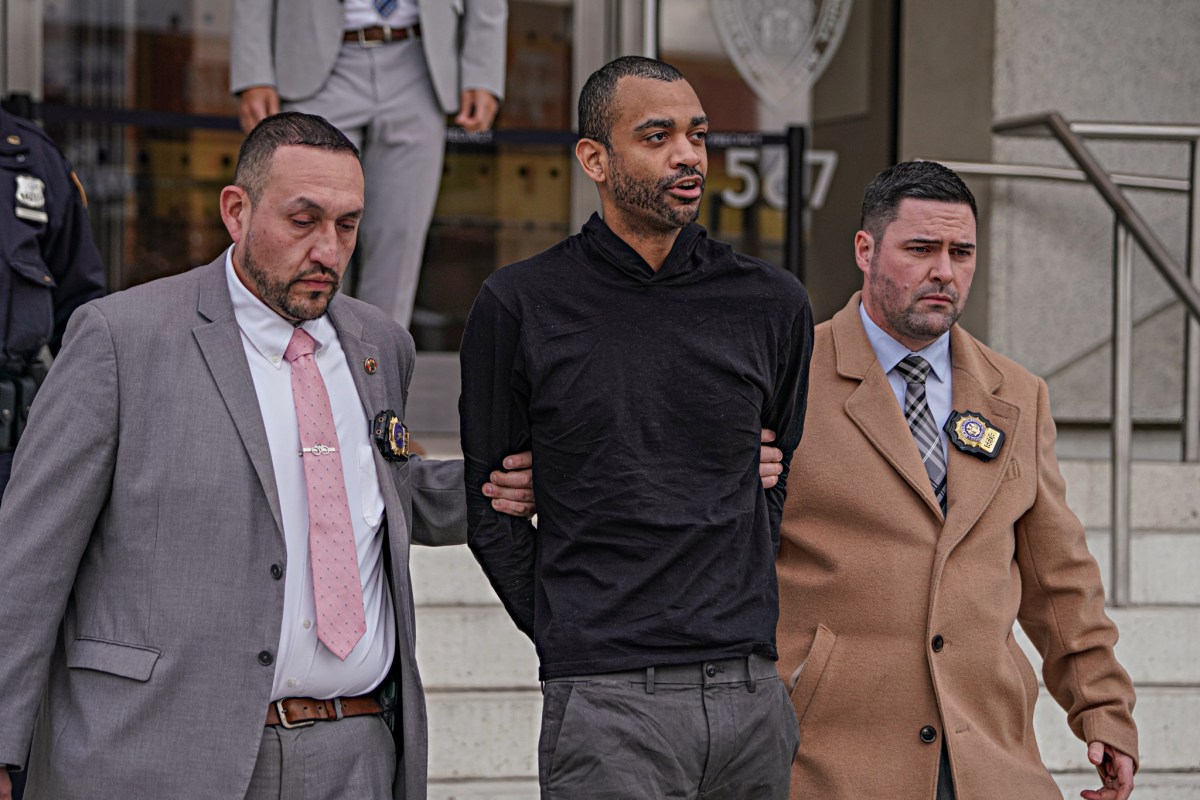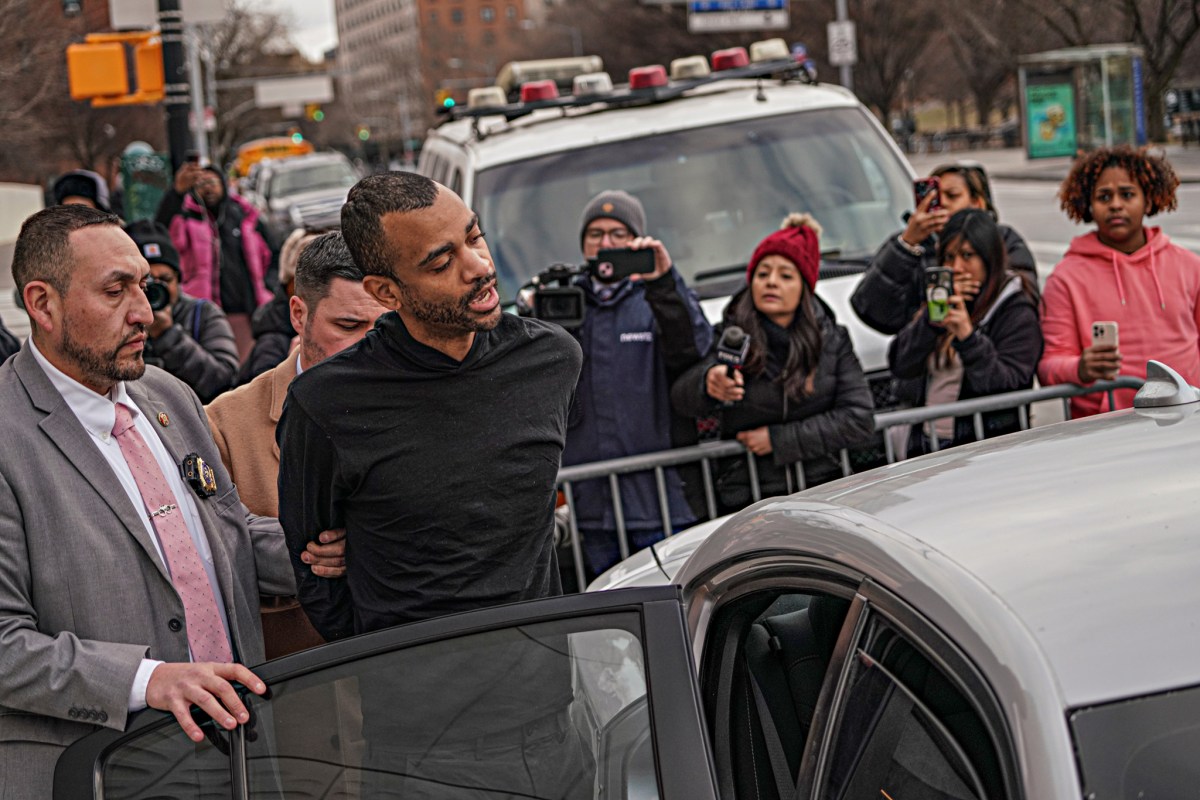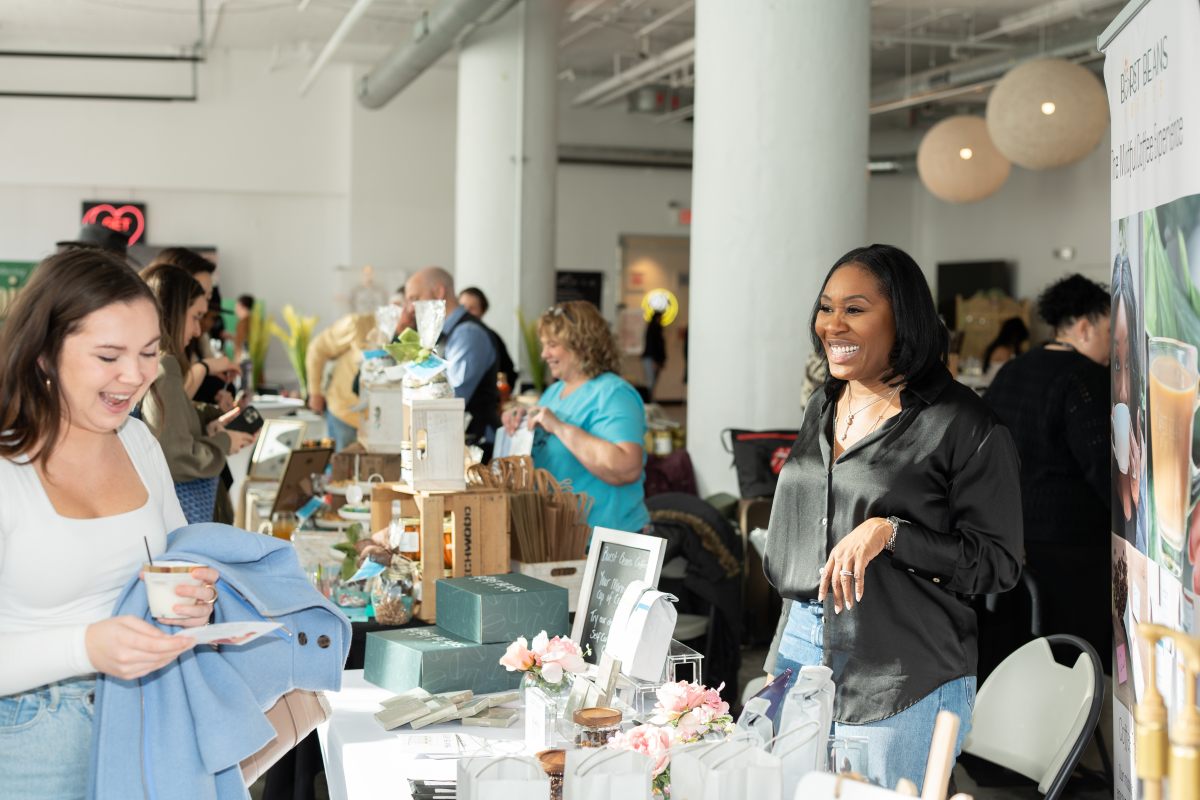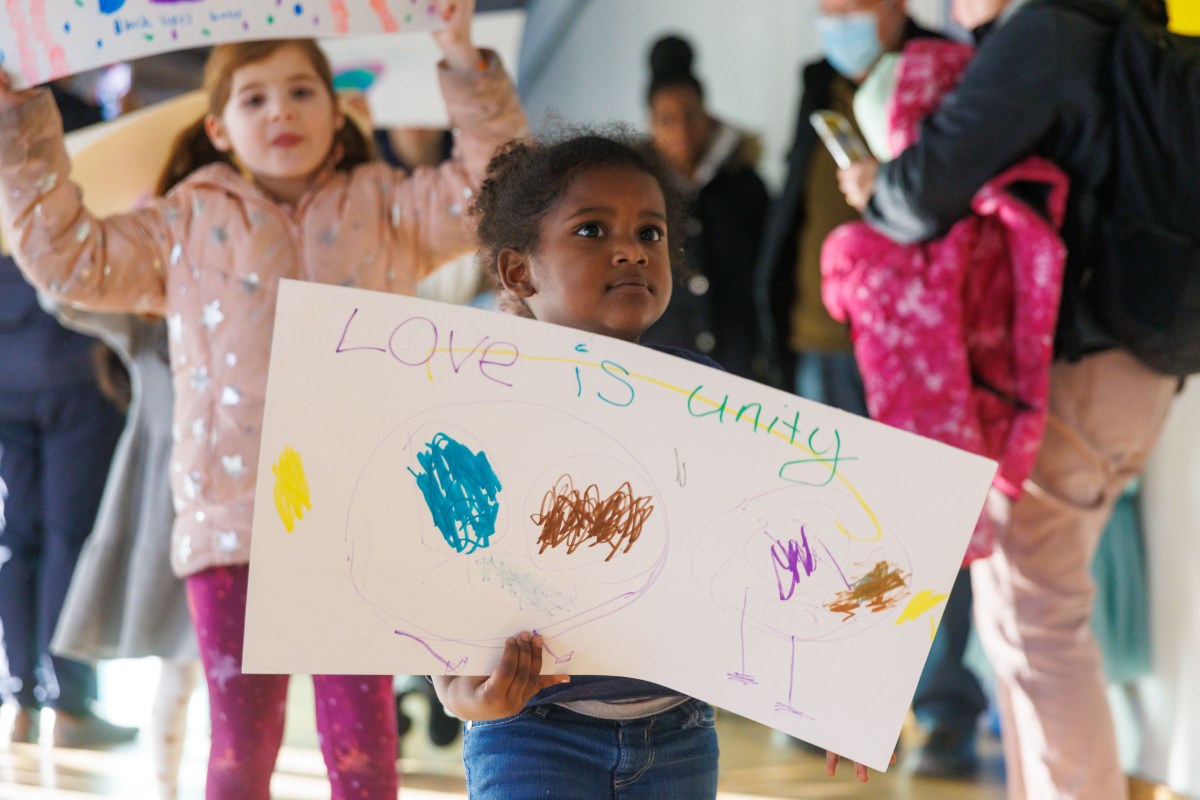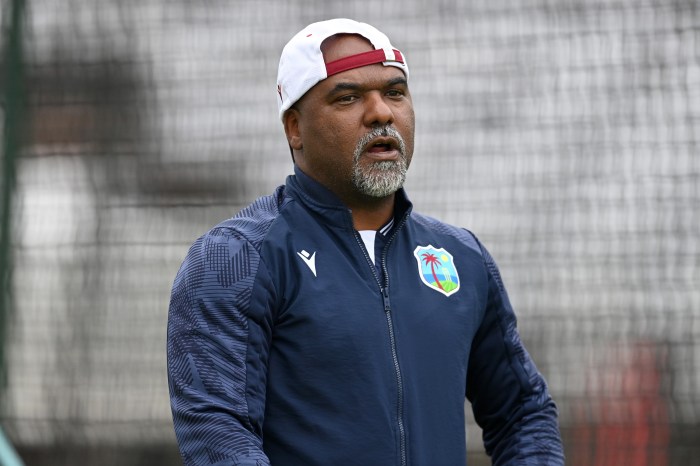MOSCOW (Reuters) – President Vladimir Putin said on Thursday that Russia was facing challenges scaling up production of its main COVID-19 vaccine due to problems with equipment availability, but hoped to start mass vaccinations by the end of the year.
Russia is currently testing its main experimental vaccine, known as Sputnik V, on 40,000 people in Moscow and outside of the trial has already begun vaccinating frontline workers, but only in small numbers.
Earlier estimates by Russian officials of how many doses Russia could produce this year have been cut back, from 30 million to just over 2 million, with trade and industry minister Denis Manturov recently citing challenges in scaling up production of the vaccine.
“There is one question right now and that’s providing for the industrial production (of the vaccine) in the necessary volumes,” Putin said, speaking by video link to an investor forum in Russia.
“There are certain problems with this, related to the availability, or lack, of the necessary equipment,” he said. “Hard materials, that are needed for the roll-out of mass production.”
Moscow aims to produce 300,000 doses of the vaccine this month, Manturov has said, followed by 800,000 in November, and 1.5 million in December, reaching significantly higher volumes in early 2021.
Putin also referenced a rival vaccine, produced by British drugmaker AstraZeneca with Oxford University, that uses a chimpanzee adenovirus as a vector, rather than a human adenovirus vector.
“We know that many European countries have already signed contract for deliveries of the vaccine from Britain,” Putin said.
“Unfortunately, our colleagues there have seen some setbacks, they are making their vaccine on the basis of the monkey adenovirus,” Putin said.
(Reporting by Vladimir Soldatkin, Gleb Stolyarov and Polina Ivanova; writing by Tom Balmforth; editing by Jason Neely and Susan Fenton)

